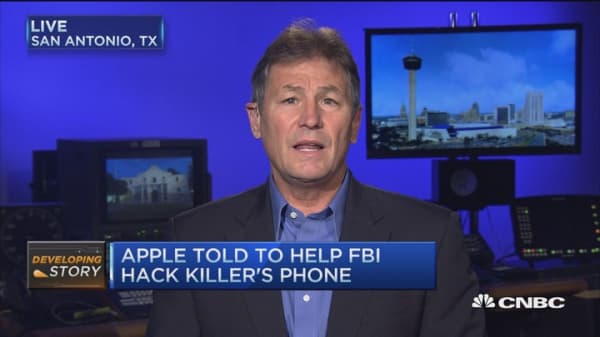How to resolve the present legal conflict between Apple and the federal government?
First, let me frame the issues: Apple says that if it were to comply with the federal government's request, it would facilitate further erosions of individual privacy and marketability of its products.
The federal government has obtained an enforceable judicial order to compel Apple to assist it in retrieving data from a cellphone used by a perpetrator of the San Bernardino massacre.
The government says that if it were to attempt to penetrate the encryption of the cellphone, it would risk triggering the application of an auto-erase program that could have been enabled by the perpetrator.
Valuable data would then be presumably irretrievably lost. The usefulness of such data has not been clearly established, and the alternative means, if any, of obtaining such data have not been subjected to robust independent and impartial examination.





